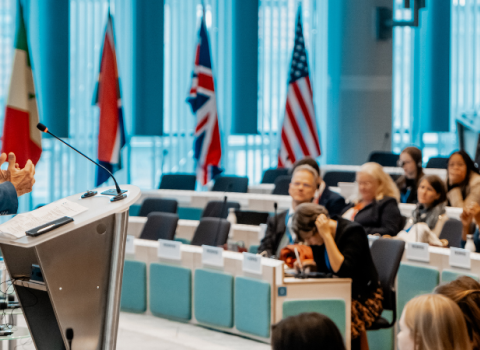New report lays out rising cost of taking out bundled science journal subscriptions with the five top publishers

European universities are paying more than one billion euros per year for access to journals run by the leading science publishers, according to a new survey from the European University Association (EUA) of ‘big deal’ contracts for access to large bundles of journals.
The survey, published this week, looks at 167 contracts made by groups of universities with Elsevier, Springer Nature, Taylor & Francis, Wiley, and the American Chemical Society, finding that the cost for universities is already high and rising by an average 3.6 per cent a year.
The annual outlay, “Is fully paid by public funds and the bulk of these costs fall on Europe’s universities,” said Jean-Pierre Finance, former president of Henri Poincaré University, who led the study.
The EUA, which represents 800 universities, says it wants these findings to “create more transparency [and] raise awareness of the need for more sustainable market conditions.” Last October, the group made an official complaint over the competitiveness of academic publishing in Europe to Margrethe Vestager, the EU’s competition tsar.
In an attempt to reduce the costs of reading and publishing articles and to make more scientific literature free to read, library consortia have been pushing for more open access terms from publishers.
Several big publishers have begun brokering so-called read-and-publish deals around the world in recent years, following growing pressure from governments and academics.
“Advancing open research and open access is critical to the success of researchers,” says Judy Verses, executive vice president of research at Wiley. “We are committed to working with the research community on deals that drive open access and increase the impact of scholarly evidence.”
Publishers have engaged in lengthy negotiations in countries including Norway, Germany, Sweden and Hungary, with talks frequently stalling over disagreements about the cost of open access publishing.
Wiley says it has recently inked agreements with German institutions in the ‘Projekt DEAL’ consortium, as well as the Norwegian Directorate for ICT and joint services in higher education and research, and the Hungarian Electronic Information Service National Programme.
At an EU level, Plan S started by Science Europe and Robert-Jan Smits, the European Commission’s former open access envoy, says that by 2020, taxpayer funded research results should be free to read immediately on publication.
Researchers supported by participating Plan S funders will have to publish their results either in open access journals, or, if they choose another publishing route, make a near-final copy of the manuscript available in an approved open repository.





 A unique international forum for public research organisations and companies to connect their external engagement with strategic interests around their R&D system.
A unique international forum for public research organisations and companies to connect their external engagement with strategic interests around their R&D system.